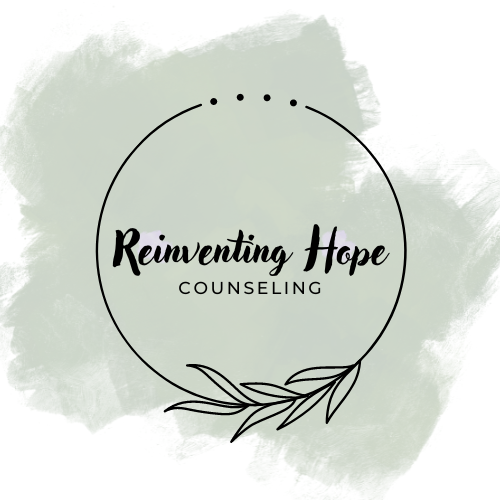5 Tips On Healing Your Relationship And Trauma’s Impacts
Human relationships are intricate, delicate, and often influenced by a variety of factors. Among these factors, one that frequently holds profound significance I think is trauma. Trauma, stemming from distressing or overwhelming experiences, can stealthily weave its way into the fabric of our relationships, impacting how we connect, communicate, and form bonds with others. In this blog, let’s talk a bit of the intricate relationship between trauma and relationship issues, unveiling how past wounds can shape our present interactions.
Understanding Trauma
To comprehend the connection between trauma and relationship issues, we must first understand trauma itself. Trauma can be broadly classified into two types: acute trauma and complex trauma. Acute trauma is often the result of a single distressing event, such as a car accident or natural disaster. On the other hand, complex trauma stems from prolonged or repeated experiences, typically within interpersonal relationships. These experiences can include physical, emotional, or sexual abuse, neglect, or significant losses.
Impact on Attachment
Attachment theory sheds light on how early experiences shape our ability to form and maintain healthy relationships. If an individual experiences trauma in their early years, it can disrupt the development of secure attachment patterns in adulthood. This can lead to difficulties in trusting others, fear of abandonment, or an inability to establish healthy emotional boundaries.
Survival Responses and Communication
Trauma triggers various survival responses, such as fight, flight, freeze, or fawn. These responses are adaptive mechanisms that help us cope with distressing situations. However, in the context of relationships, they can lead to misunderstandings, projection, and conflicts.
Reenactment of Past Trauma
Unresolved trauma can sometimes lead individuals to unconsciously seek out relationships that mirror their past traumatic experiences. This phenomenon, known as reenactment, occurs as they attempt to rewrite their traumatic narrative through different circumstances. Unfortunately, this often results in perpetuating harmful dynamics and relational patterns, leading to ongoing relationship struggles.
Emotional Regulation Challenges
Trauma can deeply impact an individual's ability to regulate their emotions. Intense emotions stemming from unresolved trauma may lead to outbursts, withdrawal, or emotional numbing. Such challenges can hinder open and empathetic communication, making it difficult to address issues, communication needs and wants, and find mutual understanding within relationships.
Breaking the Cycle
Awareness, in my opinion, is the first step in addressing the link between trauma and relationship issues. Recognizing how past experiences are affecting the present can lead to healing and growth within relationships and personal strength. Therapy, both individual and couples therapy, can provide a safe space to explore and process traumatic experiences, develop healthier communication strategies, and cultivate secure attachment patterns.
Here are five tips for overcoming trauma in relationships:
Open Communication: Share your feelings and experiences with your partner. Talking openly can foster understanding and empathy, allowing both of you to provide the support needed for healing.
Practice Patience: Healing takes time. Be patient with yourself and your partner as you navigate the ups and downs. Progress may not be linear, but consistent effort and understanding can lead to positive changes.
Establish Boundaries: Setting healthy boundaries is crucial. Communicate your goals, needs and limits, and respect those of your partner. Creating a safe space where both individuals feel comfortable and respected can aid the healing process.
Focus on Self-Care: Prioritize self-care to boost emotional well-being. Engage in activities that bring you joy, practice mindfulness, exercise regularly, and maintain a balanced lifestyle. Taking care of yourself individually can contribute to the overall health of the relationship.
Seek Professional Help: Individual therapy can guide you through the process of addressing and healing from trauma while couples therapy can also provide a safe space for both partners to work through the effects of trauma together.
Remember, each relationship is unique and by understanding how trauma shapes our attachment patterns, communication styles, and emotional regulation, we can work towards breaking the cycle of harmful relational dynamics. Through self-awareness, empathy, and professional support, individuals can pave the way for healing, fostering healthier and more fulfilling relationships.

